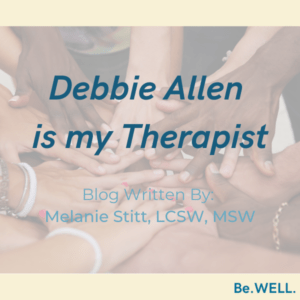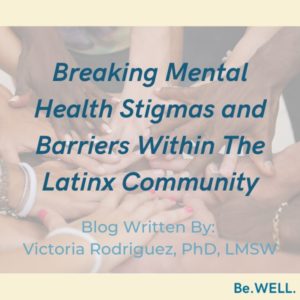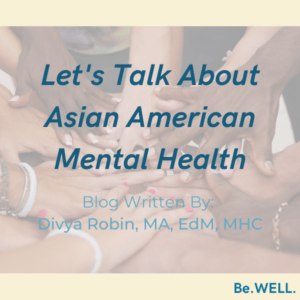2020 is wearing me out! Between being angry, gaining a ton of weight, and trying to figure out how to quarantine properly, I’ve just about had it! Early on in the pandemic, I decided that I was going to use this time to learn a new skill. I have a group of friends that I feel comfortable being around and I make sure that I get fresh air and sun – two things that make me feel good. I’m faring pretty well overall, but that’s not bragging. I’m also a therapist so I understand that I’m coming from a place of privilege because I understand the importance of making sure that I stay well. I have access to everything I need to make sure that I’m doing OK, which I know can’t be said for many women, specifically black and other women of color.
When I first went into therapy I wanted to be able to flop on the couch and tell my therapist, “Help me relax, relate, release!” and I wanted her to know exactly what I was talking about. If you’re a woman of a certain age and watched the show “A Different World”, you know exactly where that phrase comes from. This is exactly what I think a lot of people feel is missing from therapy. If I had a therapist who knew exactly what I was talking about when I said that, I might assume that she knows more about my background, some of the challenges I may be facing, and where these challenges came from. In therapy, I think THAT is what many people of color have been missing, having a therapist who has similar life experiences or at least understands aspects of your culture that is important for many to feel comfortable.
Today, finding a therapist that looks like you is not as challenging as it may have been in the past thanks to websites like Therapy for Black Girls, but the barriers are still the same. Stigma and cost are two things that I hear about when talking to people about accessing therapy. Once we get over the idea that it’s OK to tell your personal and family business, we have to address the fact that therapy can be very expensive and some people just can’t afford it. Websites such as The Loveland Foundation, Open Path, and the Boris Lawrence Henson foundation provide assistance with payment or offer low-cost therapy for people who thought that therapy was not available to them.
Mental health and wellness are a right for everyone, not a privilege, so the idea that it is becoming more accessible to everyone is exciting. Being unburdened by the bullshit should be everyone’s goal. Now go watch the “A Different World” episode Twelve Steps of Christmas!
For more info on Minority Mental Health Month check out our podcast episode on that topic, and our other blog posts!



